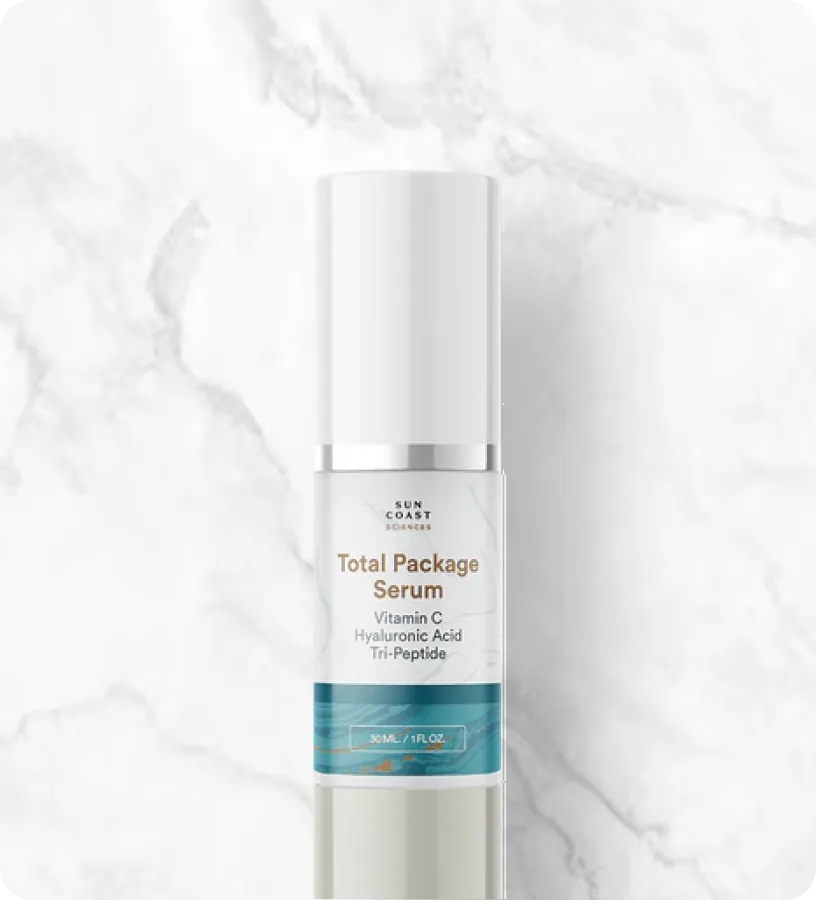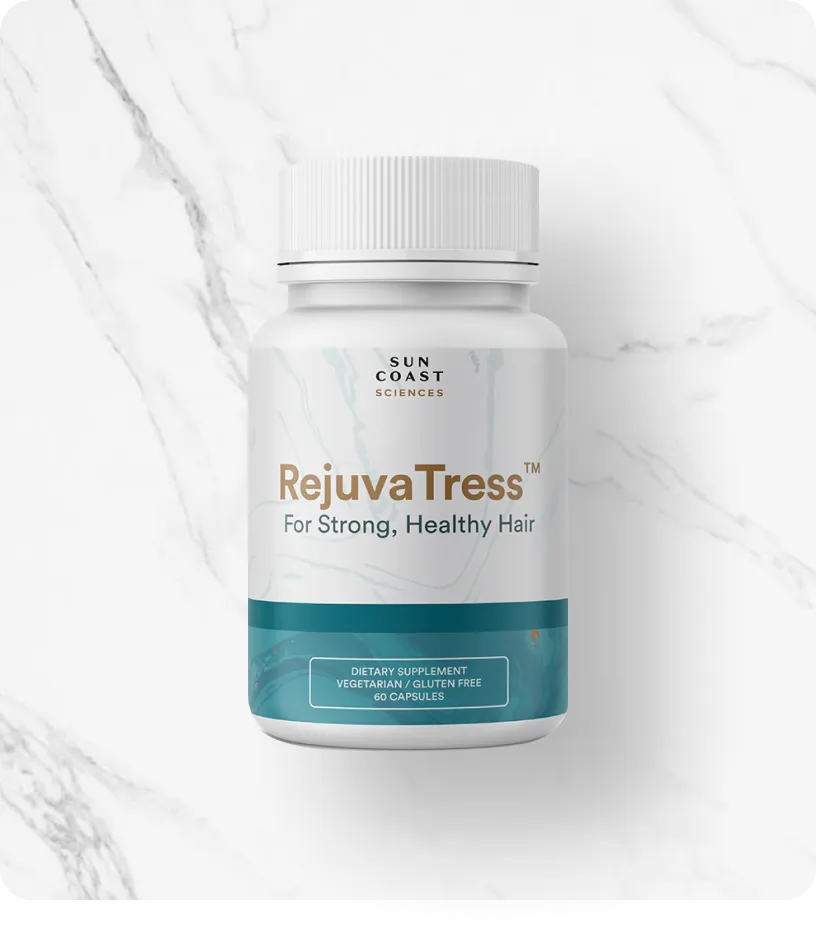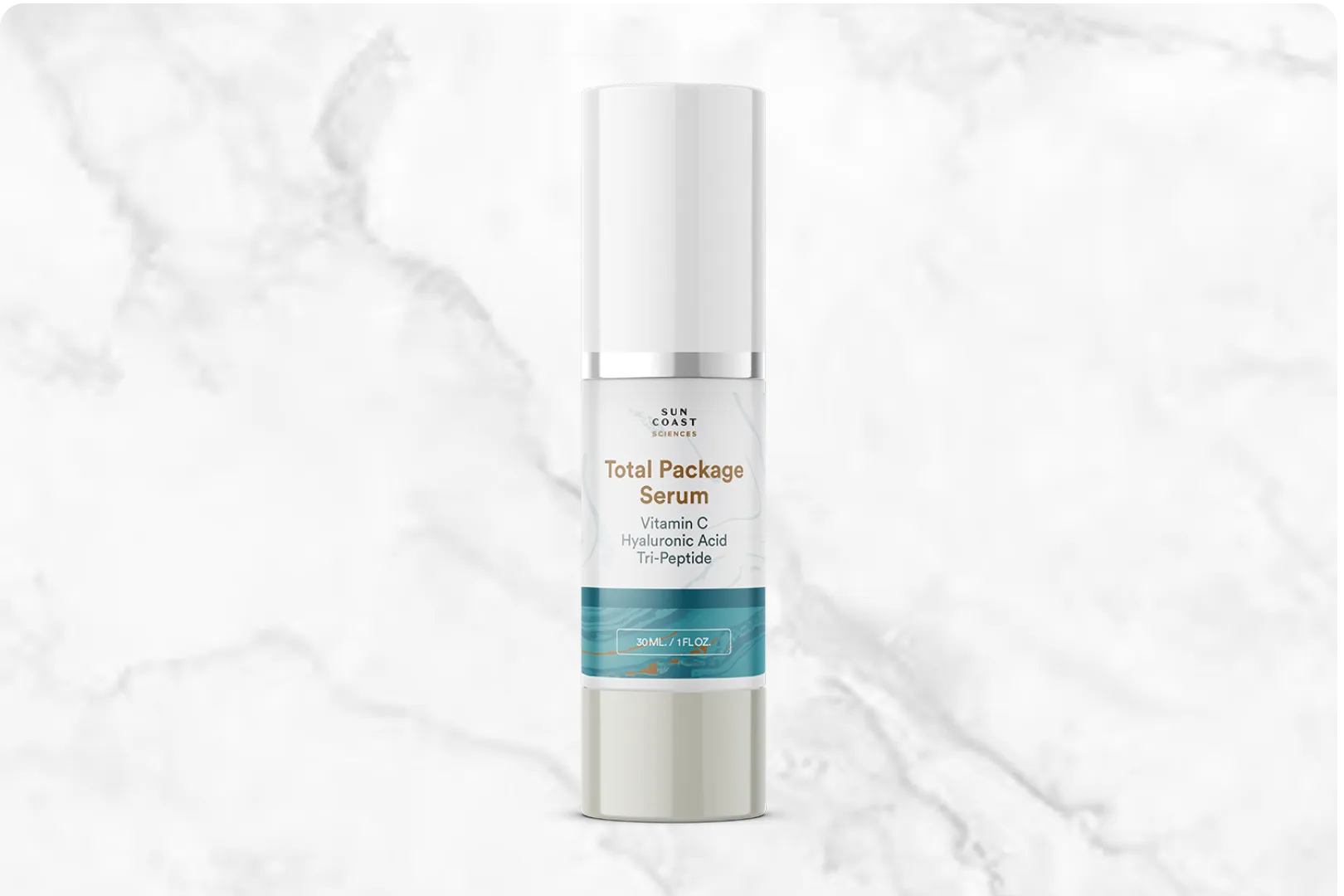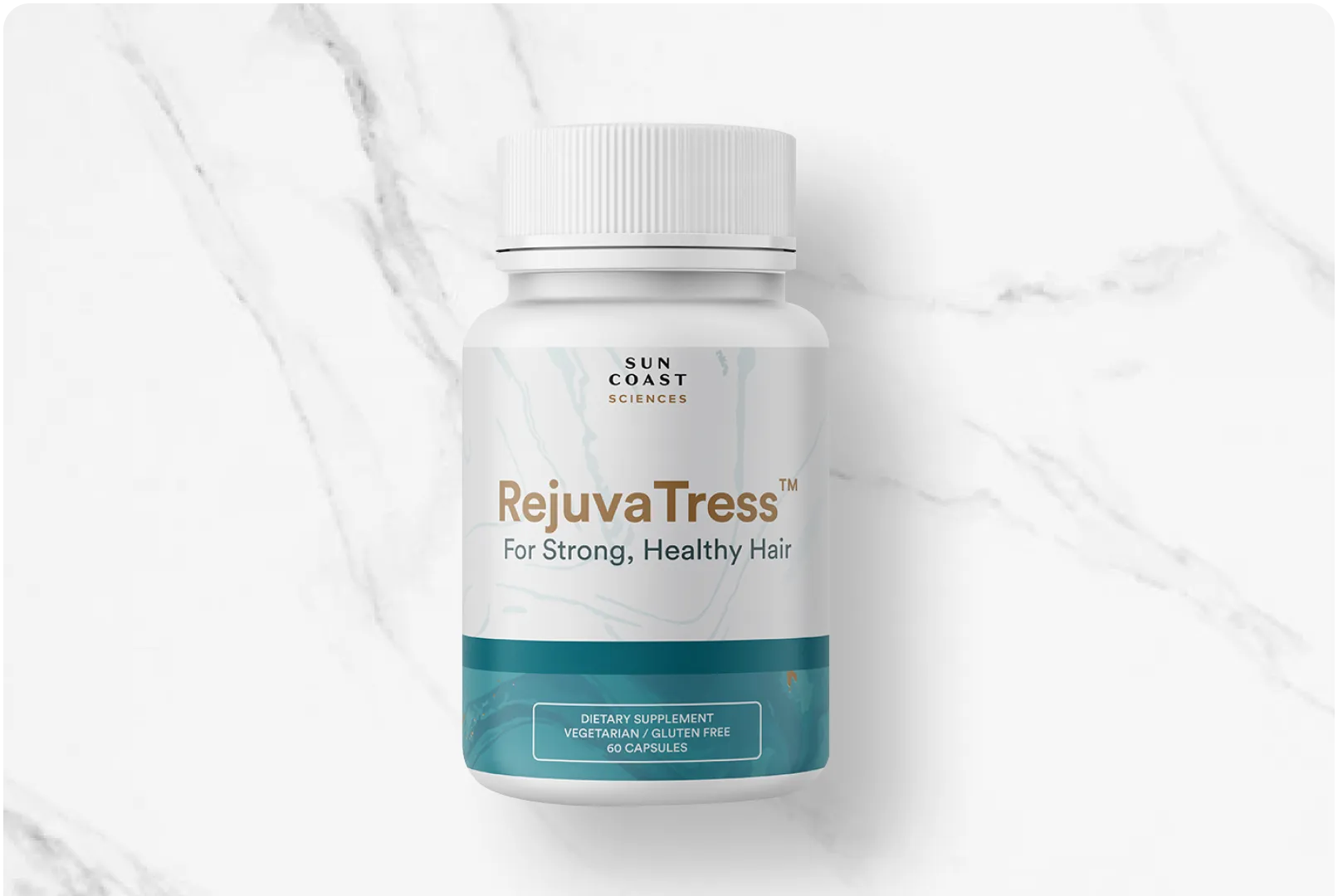5 Amazing Health Benefits of Sleep
January 19, 2023

You already know sleep is important for your energy. But did you know there are five other ways sleep can improve your health?
In this blog post, I’ll share five little-known ways sleep can have a positive effect, from managing hormone levels to improving the immune system:
When you don’t get enough sleep, your metabolism slows down. This happens because your body tries to conserve energy… And why you tend to crave high-calorie foods when you’re tired (to make up for the lack of energy).
As a result, getting enough sleep is essential if you’re trying to lose weight or avoid weight gain. Aim for seven to eight hours of sleep each night, and you’ll be well on your way to maintaining a healthy weight.
Sleep is your body’s opportunity to rest and heal.
Sleep is when cells repair themselves, clearing out toxins and waste products that can build up in your organs and compromise your immunity.
On top of that, sleep promotes the production of antibodies and white blood cells, which are essential for fighting off infection.
Sleep is important to a number of brain functions, including communication between your nerve cells (neurons).
Recent research suggests that sleep plays a housekeeping role in removing toxins in your brain that build up while you’re awake1.
This is why sleep helps improve your memory and problem-solving skills: Getting a deep 8-hour sleep helps to clear away the “mental clutter” that can interfere with our ability to think clearly during your busy days.
Having sleep problems means your blood pressure stays higher for a longer period of time. And as you might already know, high blood pressure is one of the leading risks for heart disease and stroke.
Whereas when you get enough sleep, your blood pressure decreases, and your heart rate slows down. These decreases give your heart a chance to rest and repair.
Sleep is critical for insulin and glucose metabolism.
When you don’t get enough sleep, insulin sensitivity decreases, and your ability to process glucose is impaired2. This can lead to higher blood sugar levels, which over time can increase the risk for diabetes.
Sleep deprivation can also increase the release of stress hormones, which can raise blood sugar levels.
So for these two reasons alone, getting enough quality sleep is essential for keeping your blood-sugar levels in check.
BONUS: Resistance to Premature Aging
Lack of sleep accelerates cellular aging. When you’re tired, your cells produce excess stress hormone (cortisol), leading to inflammation and toxin build-up.
Studies have shown that people who don’t get enough sleep have shorter telomeres, which are the protective caps at the end of our chromosomes. Shorter telomeres are associated with accelerated aging3.
If you’re having trouble sleeping, there are a couple easy things you can do to improve your sleep quality and ease of falling asleep:
[1] Ensure your bedroom is dark, quiet, and cool. At rest, your core temperature reduces by 1 to 2°F to conserve energy. Sleeping in a cool room helps you cool off faster, which in turn helps you fall asleep quicker.
[2] Avoid watching television or working on the computer in bed. The blue light emitted from electronic devices messes with production of your sleep hormone, melatonin. Reach for a book instead, or do some deep breathing.
Now off to bed with you!
















